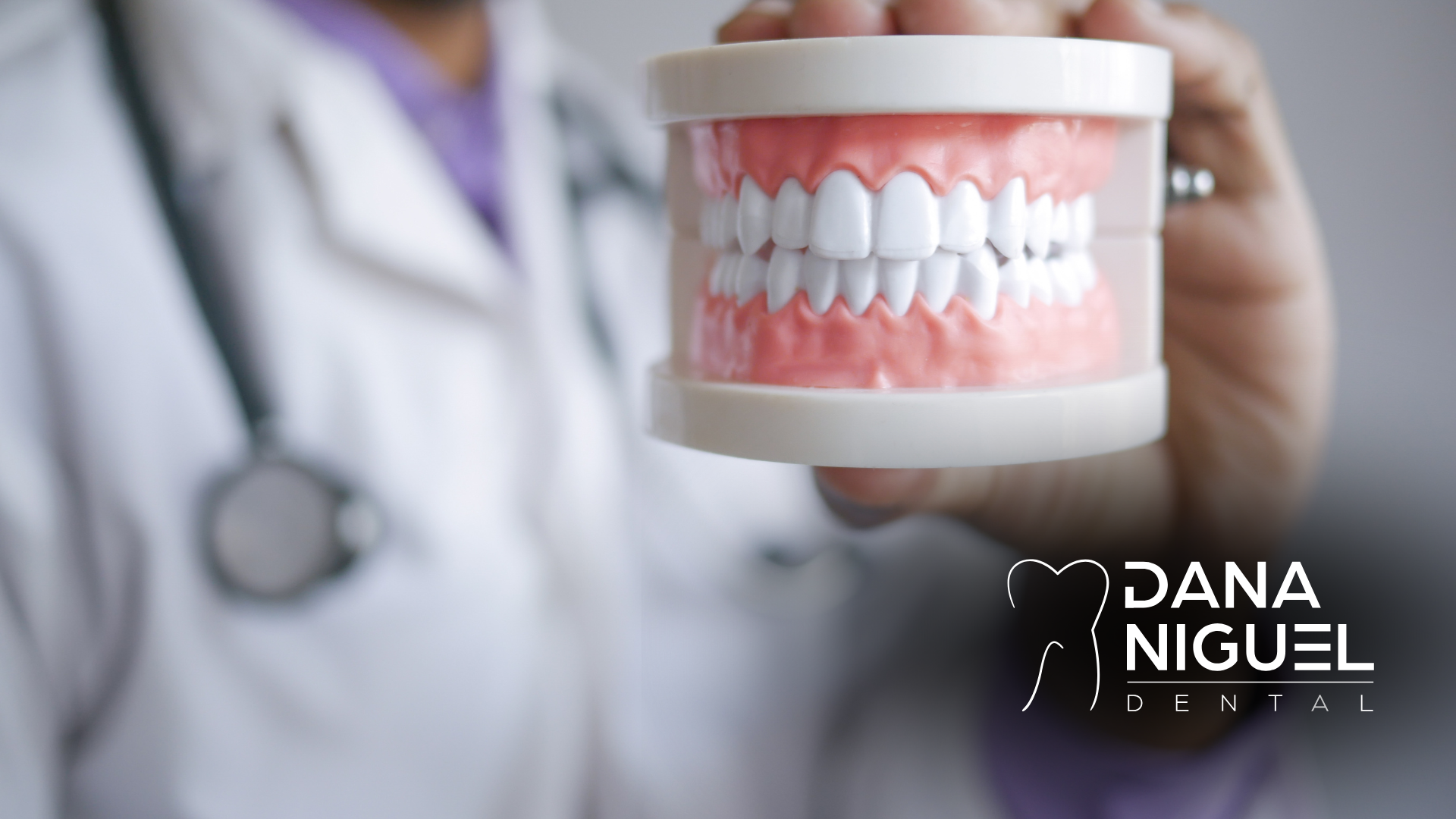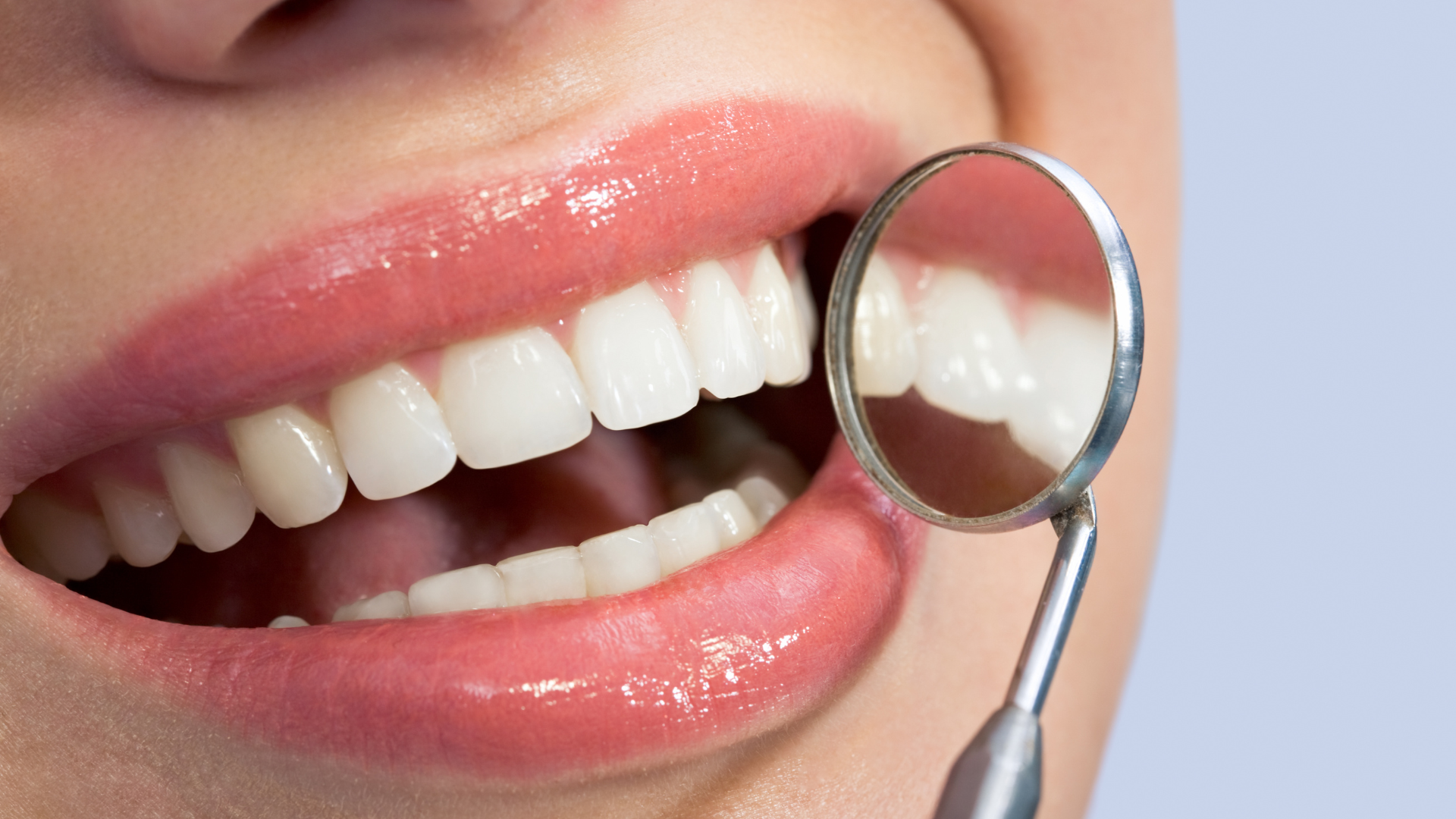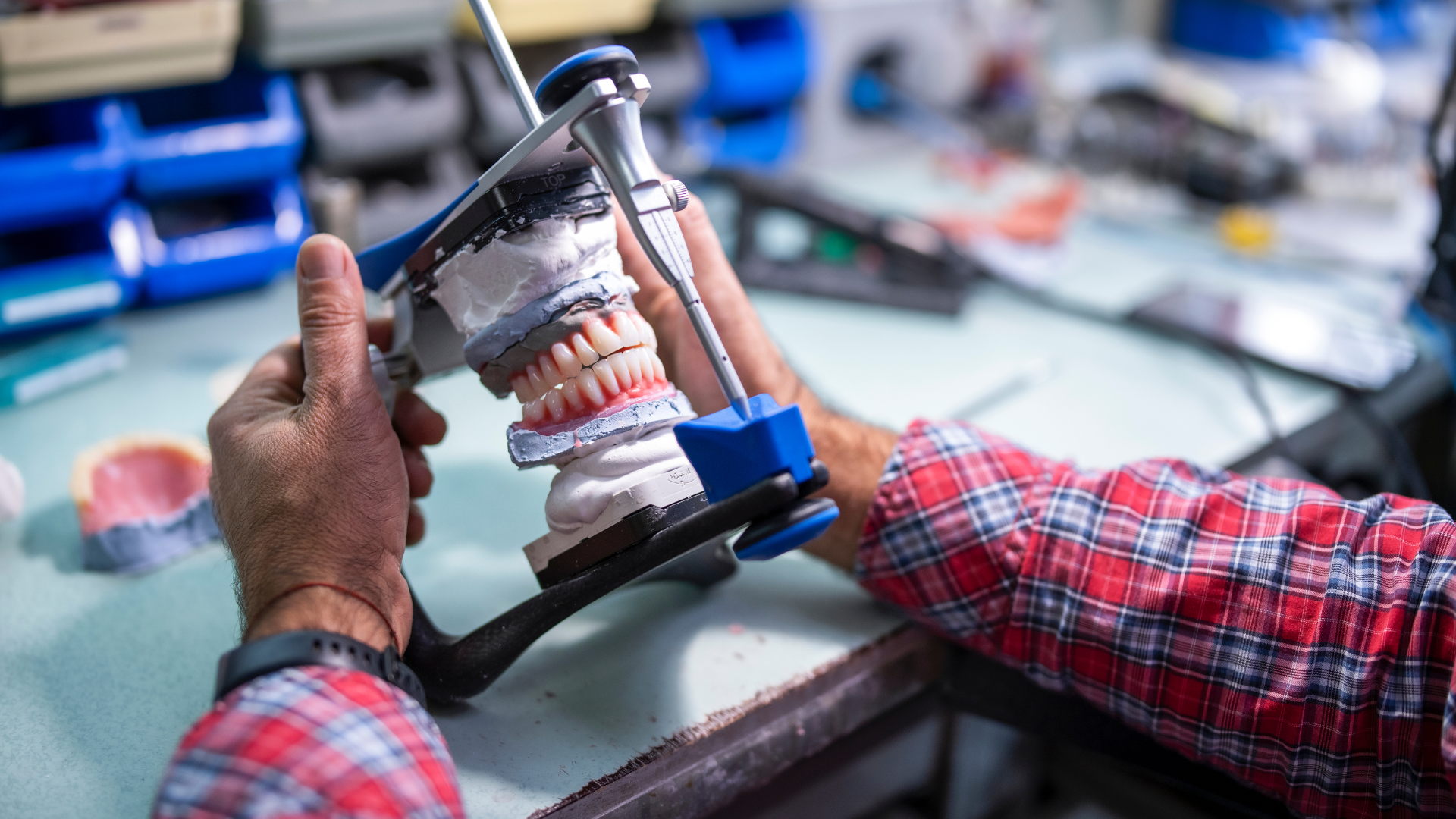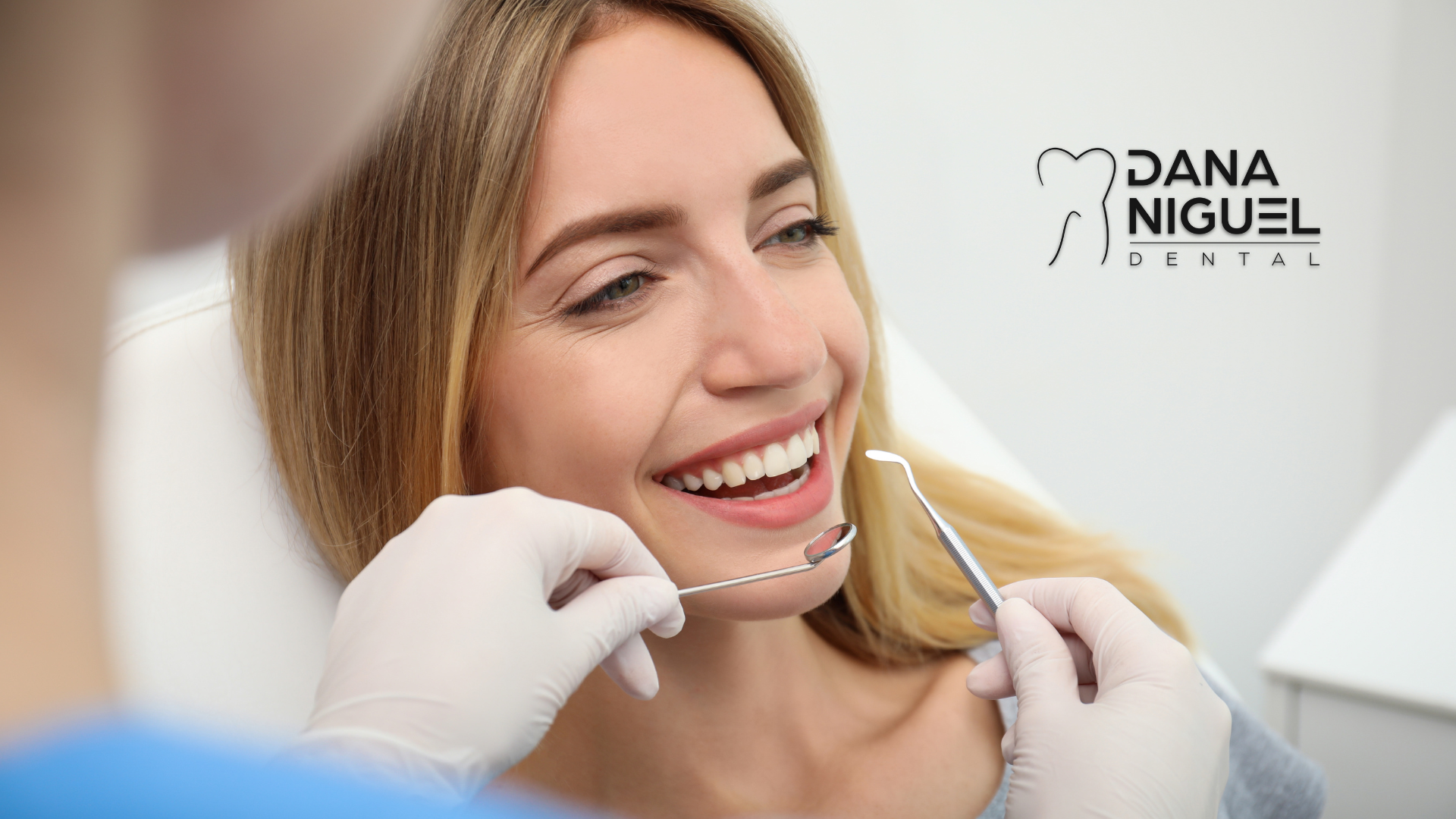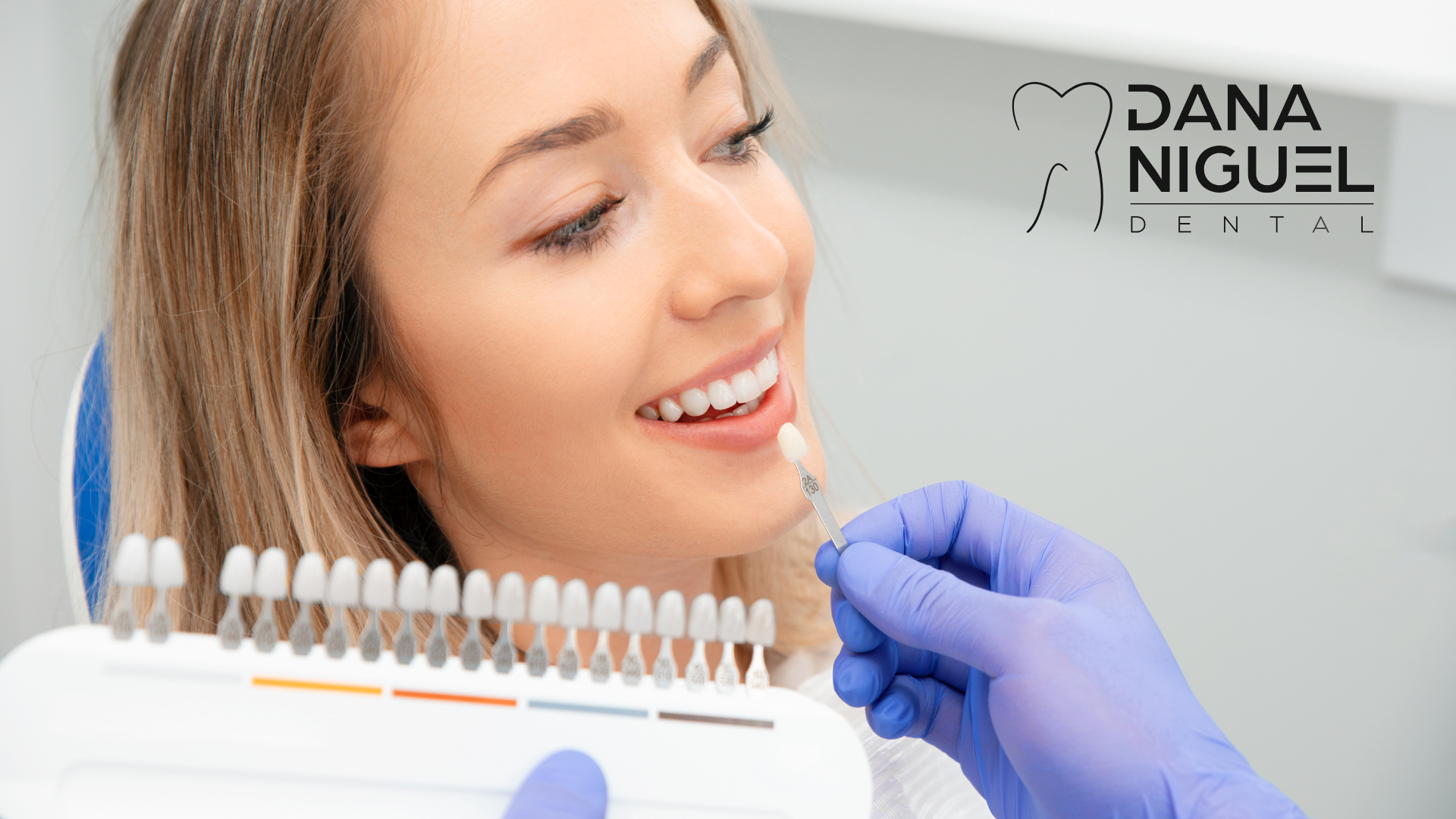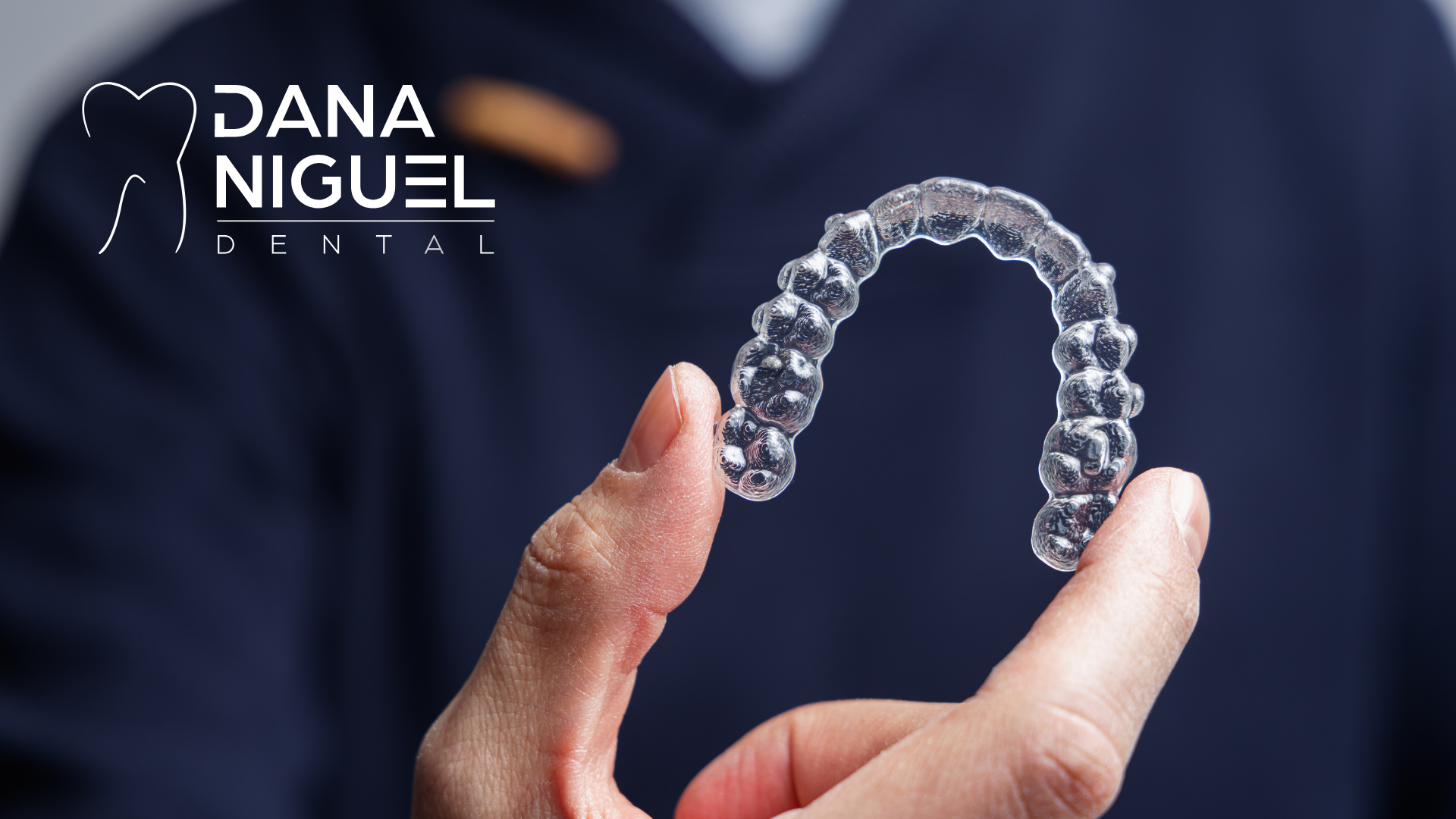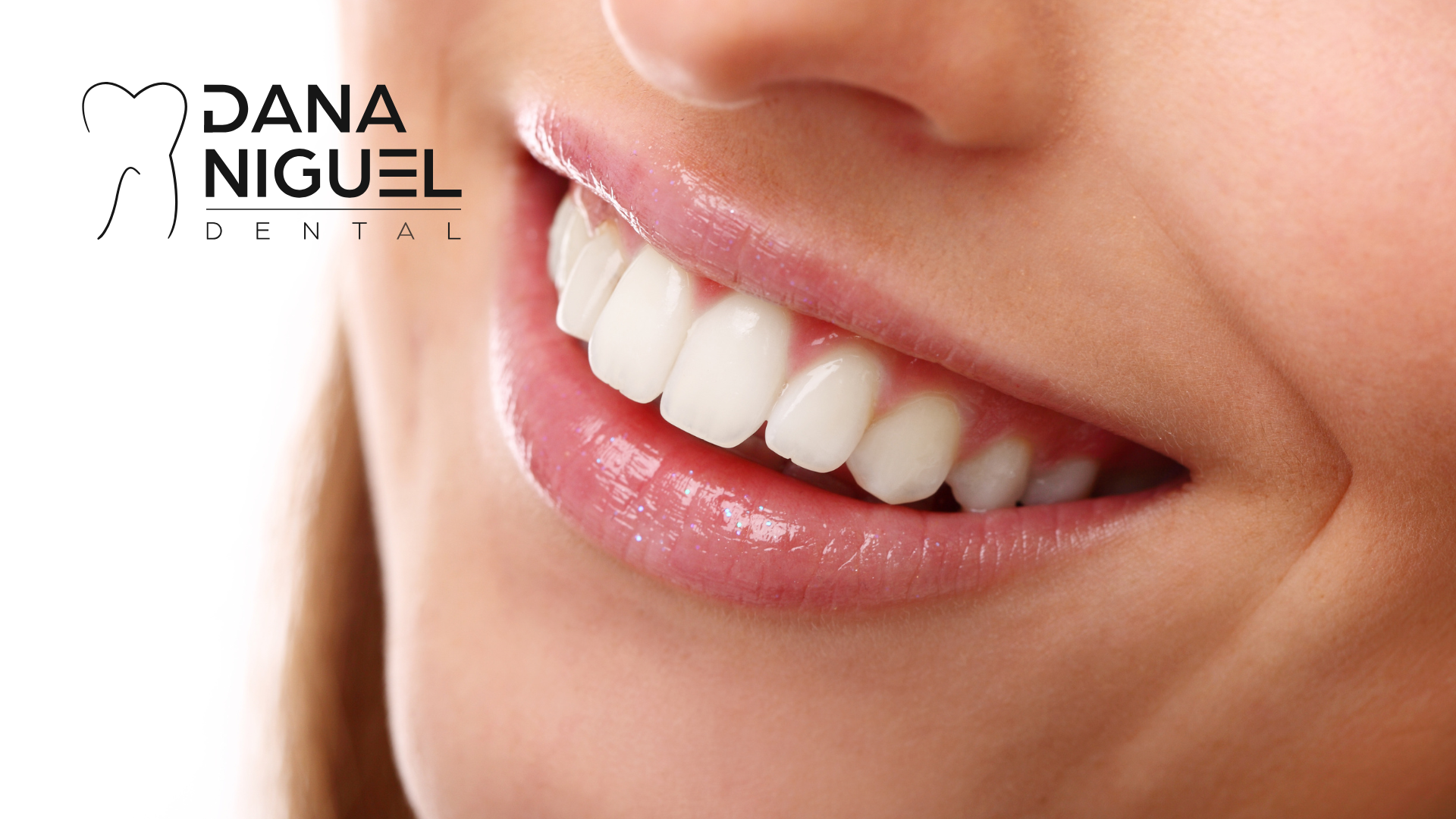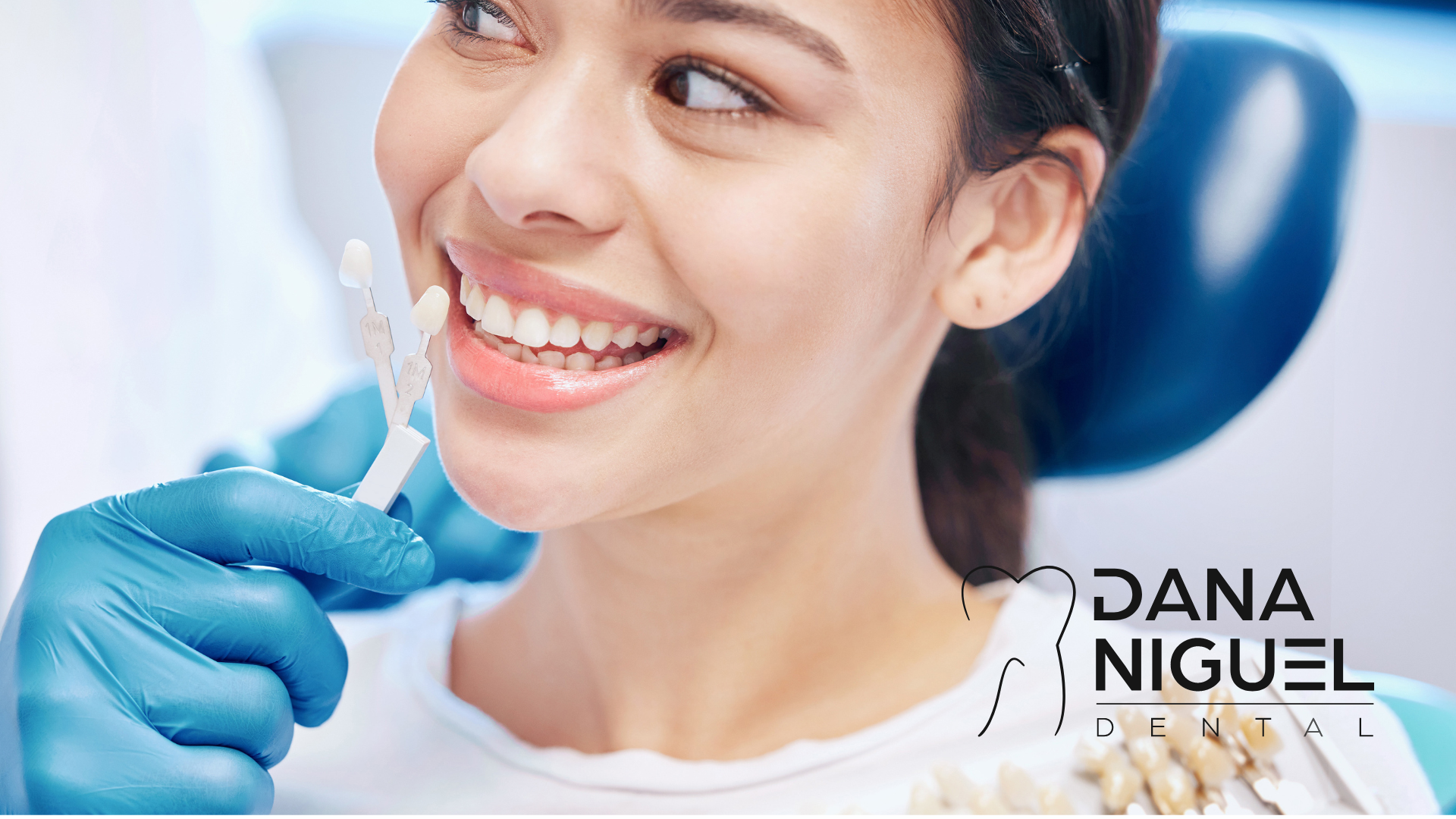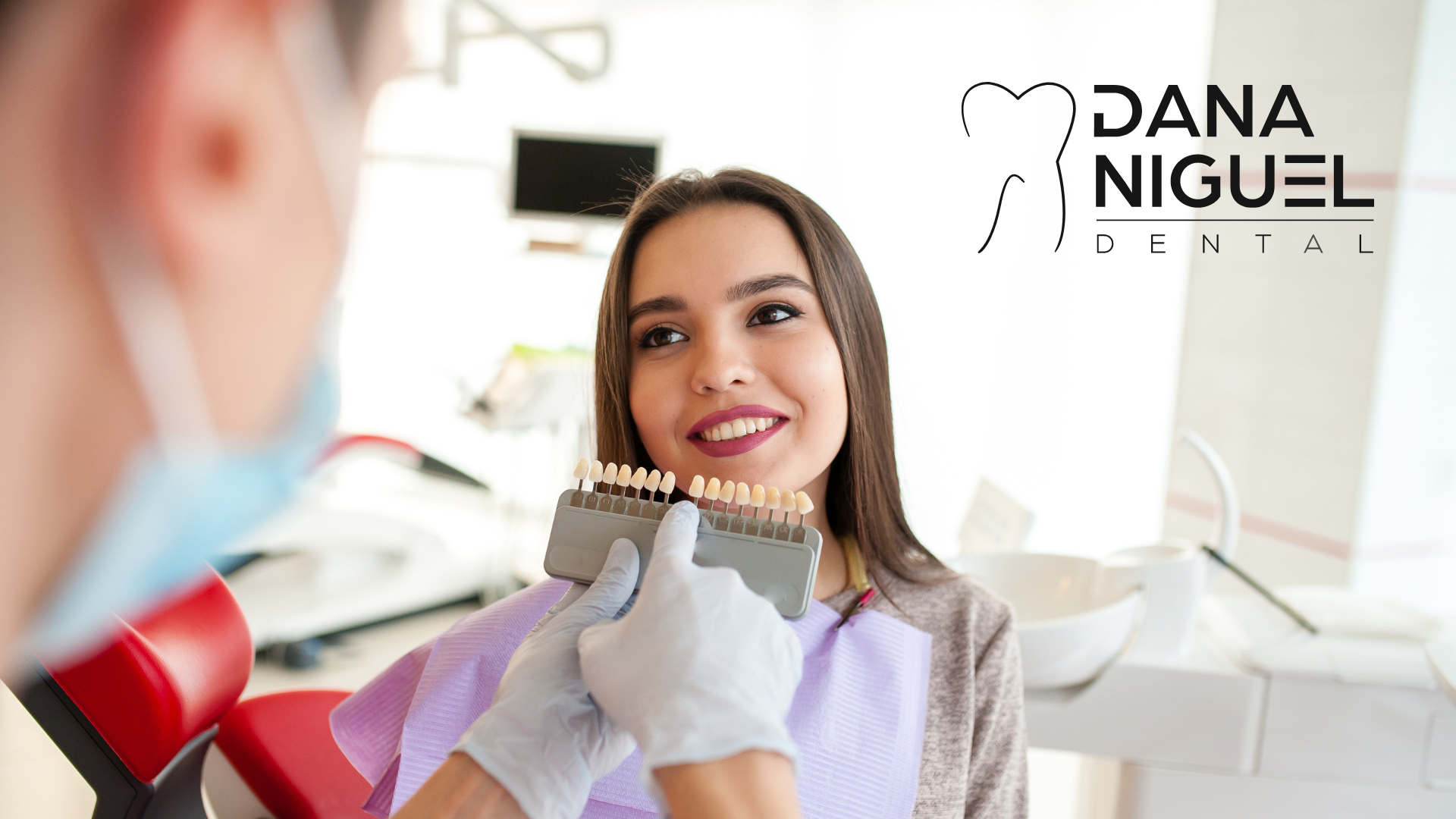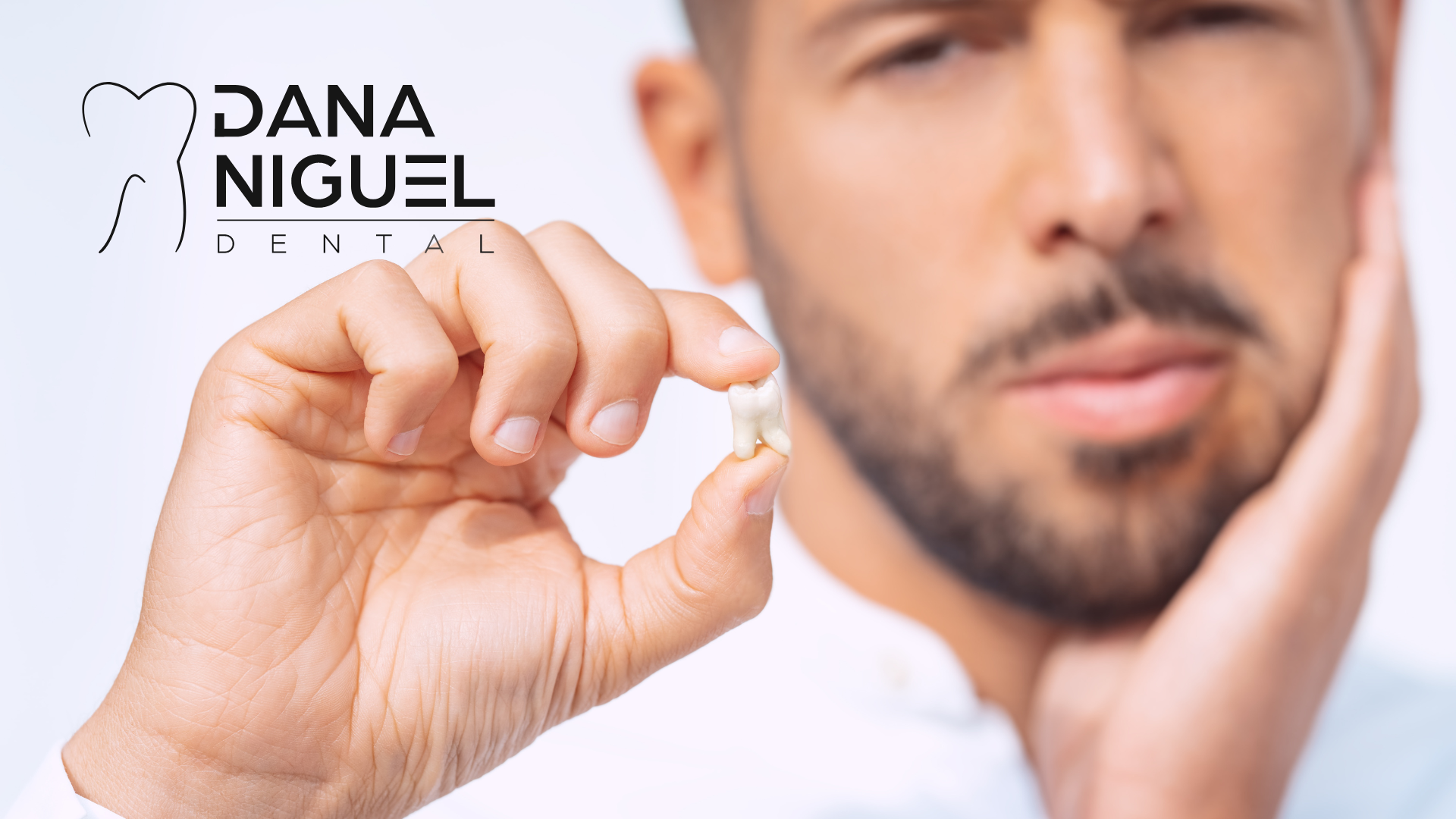How to Maintain Your Teeth Whitening Results in Dana Point
Maintaining your teeth whitening results in Dana Point requires a combination of good oral hygiene, proper dietary habits, and regular professional care. Whether you've just had your teeth whitened or are looking to keep your smile bright for years, understanding the best practices for post-whitening care is crucial. This guide will walk you through the essential steps to ensure your teeth stay as white as possible.
Key Takeaways
- Post-whitening care is essential to maintain the brightness of your teeth and prevent staining.
- Choosing the right toothpaste and mouthwash can significantly impact the longevity of your whitening results.
- Dietary habits play a crucial role in maintaining white teeth; avoid foods and drinks that can stain your teeth.
- A consistent oral hygiene routine, including daily brushing and flossing, is key to keeping your teeth white.
- Professional whitening maintenance options, such as in-office treatments and at-home kits, can help prolong your whitening results.
Understanding the Importance of Post-Whitening Care
Why Post-Whitening Care Matters
Maintaining your teeth whitening results requires diligent post-whitening care. Without proper care, your teeth can revert to their pre-whitening state, diminishing the time and money invested in the procedure. Post-whitening care helps in prolonging the brightness and health of your teeth.
Common Mistakes to Avoid
- Neglecting regular brushing and flossing
- Consuming staining foods and drinks like coffee, tea, and red wine
- Smoking or using tobacco products
- Skipping routine dental check-ups
Long-term Benefits of Proper Maintenance
Proper maintenance of your teeth whitening results offers several long-term benefits:
- Prolonged whiteness and brightness of your teeth
- Improved overall oral health
- Reduced risk of cavities and gum disease
- Enhanced confidence and self-esteem
Consistent post-whitening care keeps your smile bright and contributes to better oral hygiene and overall health.
Choosing the Right Toothpaste and Mouthwash
Ingredients to Look For
When selecting toothpaste and mouthwash, look for ingredients that help maintain your whitening results. Hydrogen peroxide and carbamide peroxide are effective whitening agents. Additionally, fluoride is essential for strengthening enamel and preventing cavities.
Brands Recommended by Dentists
Dentists often recommend specific brands that are known for their efficacy and safety. Some of the top choices include:
- Crest 3D White
- Colgate Optic White
- Sensodyne Pronamel Gentle Whitening
- Listerine Healthy White Vibrant
How Often to Use Them
It is important to use these products consistently to maintain teeth whitening results. Brush your teeth at least twice a day and use mouthwash once daily. For optimal results, follow the instructions provided by your dentist or the product manufacturer.
Consistency is key to maintaining your bright smile. Regular use of the right products can significantly improve the longevity of your whitening results.
Dietary Habits for Maintaining White Teeth
Foods and Drinks to Avoid
To maintain teeth whitening results, avoid certain foods and drinks that can stain your teeth. Common culprits include coffee, tea, red wine, and dark-colored berries. Additionally, acidic foods and beverages like citrus fruits and soda can erode enamel, making teeth more susceptible to staining.
Teeth-Friendly Foods
Incorporating teeth-friendly foods into your diet can help maintain your white smile. Some of these foods include:
- Crunchy fruits and vegetables like apples, carrots, and celery
- Dairy products such as cheese, yogurt, and milk
- Nuts and seeds
These foods help to clean your teeth naturally and provide essential nutrients for oral health.
Tips for Dining Out
When dining out, avoiding foods and drinks that stain your teeth can be challenging. Here are some tips to help you maintain your white teeth:
- Opt for water instead of soda or coffee
- Choose lighter-colored foods and beverages
- Use a straw to minimize contact with staining liquids
- Rinse your mouth with water after eating or drinking
Maintaining a balanced diet and being mindful of your food choices can significantly impact the longevity of your teeth whitening results.
Establish a Consistent Oral Hygiene Routine
Daily Brushing and Flossing
Daily brushing and flossing are the cornerstones of maintaining your teeth whitening results. Use a soft-bristled toothbrush and fluoride toothpaste to brush at least twice a day. Flossing helps remove plaque and food particles that brushing alone can't reach.
Using Whitening Strips and Trays
Whitening strips and trays can be effective for maintaining your bright smile. Follow the instructions provided by your dentist or the product manufacturer. Typically, these products should be used once or twice a week to avoid overuse, which can lead to tooth sensitivity.
Regular Dental Check-ups
Regular dental check-ups are crucial for long-term oral health. Schedule visits to your dentist every six months for professional cleanings and to monitor your teeth whitening progress. Your dentist can provide personalized advice and treatments to help you maintain your results.
Consistency in your oral hygiene routine is key to preserving teeth whitening results. Make it a habit to follow these steps diligently.
Managing Lifestyle Factors
The Impact of Smoking and Alcohol
Smoking and alcohol consumption can significantly affect the longevity of your teeth whitening results. Both habits can lead to staining and discoloration, undoing the effects of your whitening treatment. Reducing or eliminating these habits can help maintain your bright smile.
Stress and Oral Health
Stress can harm your oral health, leading to issues such as teeth grinding and gum disease. Incorporating stress-reducing activities like yoga, meditation, or regular exercise can benefit your overall health and teeth.
Balancing Work and Oral Care
Maintaining a work-life balance is crucial for consistent oral care. Here are some tips to help you balance work and oral care:
- Schedule regular dental check-ups during your lunch break or after work.
- Keep a travel-sized oral hygiene kit at your workplace.
- Set reminders on your phone to brush and floss after meals.
Prioritizing oral health amidst a busy lifestyle can provide long-term benefits for your teeth and overall well-being.
Understanding Professional Whitening Maintenance Options
In-Office Whitening Treatments
In-office whitening treatments are a popular choice for maintaining your bright smile. These treatments are performed by a dentist in Dana Point and offer immediate results. They typically involve high-concentration bleaching agents and specialized lights to enhance the whitening process.
At-Home Professional Kits
Another effective option is at-home professional kits. Often provided by your dentist, these kits include custom-fitted trays and professional-grade whitening gel. They allow you to maintain teeth whitening results in the comfort of your home.
Cost and Frequency of Professional Care
The cost and frequency of professional whitening maintenance can vary. Generally, in-office treatments are more expensive but offer quicker results, while at-home kits are more affordable and convenient. It's recommended to consult with your dentist in Dana Point to determine the best schedule for your needs.
Regular professional maintenance is essential for long-lasting teeth whitening results. Whether you choose in-office treatments or at-home kits, staying consistent with your care routine will help you achieve the best results.
For more information on teeth whitening in Dana Point, visit Dana Niguel Dental.
Frequently Asked Questions
How long does teeth whitening last?
Teeth whitening results can last from a few months to up to three years, depending on your oral care routine and lifestyle habits.
Are there any foods or drinks I should avoid after whitening my teeth?
Yes, avoid foods and drinks that can stain your teeth is advisable, such as coffee, tea, red wine, and dark-colored berries.
Can I use over-the-counter whitening products to maintain my results?
Over-the-counter whitening products can effectively maintain results, but it is best to consult your dentist for personalized recommendations.
How often should I visit my dentist for whitening touch-ups?
The frequency of whitening touch-ups varies per individual, but it's generally recommended that you visit your dentist every 6 to 12 months for maintenance.
Are there any side effects of teeth whitening?
Some people may experience temporary tooth sensitivity or gum irritation after whitening treatments. These side effects usually subside within a few days.
Is professional teeth whitening more effective than at-home kits?
Professional teeth whitening treatments are generally more effective and longer-lasting than at-home kits, as they use stronger bleaching agents and are supervised by dental professionals.
